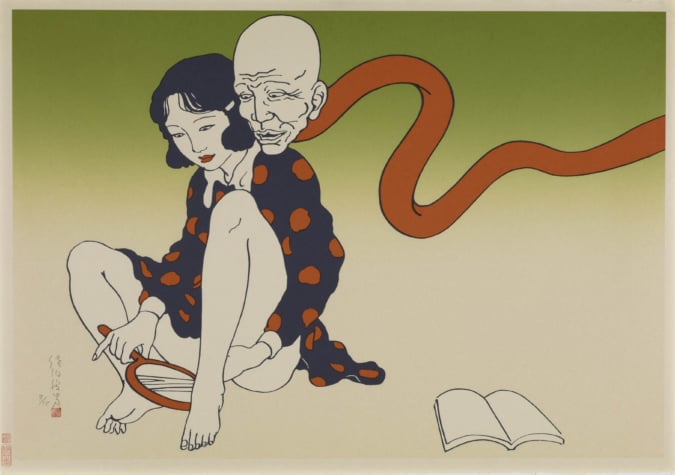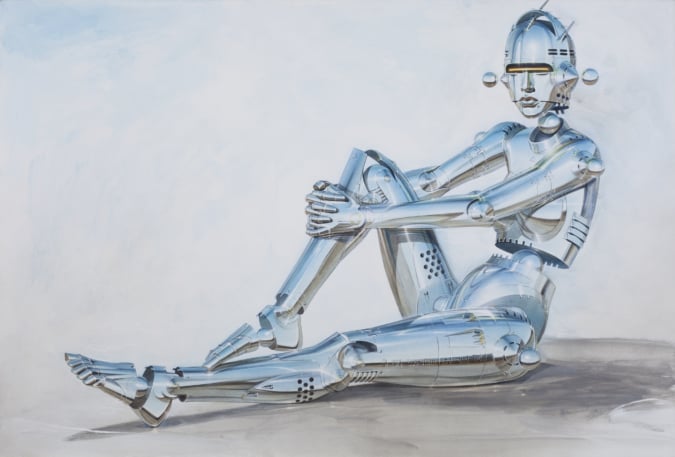Hidefumi Yoshida, Teaching Japan Through Tears
In the short film 'Tears Teacher', Noémie Nakai follows this man who encourages Japanese people to cry to release their emotions.
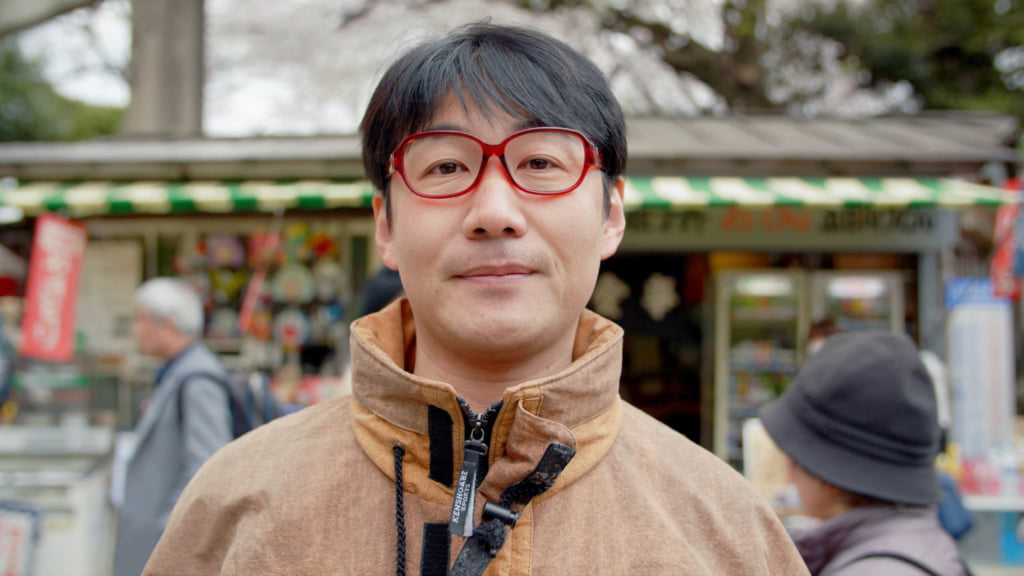
© “Tears Teacher” - Noemie Nakai, 2021 Sundance Film Festival
‘Have you cried recently?’ This is the seemingly ingenuous, trivial question posed by Hidefumi Yoshida in the introduction to his workshops. He brings together men and women from all over Japan who want to unleash their emotions in a safe space that is free from judgement. Noémie Nakai documented these workshops in a short film made in 2020, Tears Teacher. Despite lasting just ten minutes, it immerses the viewer within intense bubbles of emotions, without feeling voyeuristic or ponderous. « I normally work in fiction. I found it so mind-boggling and eccentric that I decided to write a character in my script based on him. However, it didn’t work out – his job just felt hard to believe, almost like he came straight out of Black Mirror. That’s when I realised I had to do a documentary instead », explains the director to Pen.
Noémie Nakai is a Franco-Japanese actress and director. She studied law and then cinema in Japan, before settling in England. In 2017, she made her first short fiction film, The Last Dream, before turning her attention to short documentaries in 2019 with Touch, which addresses mourning. Tears Teacher has been recognised and showcased by the New York Times, who broadcast it as part of its Op-Docs series, a sharp selection of short documentary films.
Consenting to showing vulnerability
It was while doing research for a feature film that Noémie Nakai came across an article on rui-katsu, people who pay others to make them cry. She decided to look deeper into the subject and discovered Hidefumi Yoshida, a teacher who has been practising crying therapy since 2015 and who agreed to be followed by the film crew.
Thus, the viewer observes these meetings where men and women are in floods of tears as the teacher shows them videos of animals, sports, or families spending time together and encourages them to anonymously write down something that recently caused them to feel stressed. Although the participants are consenting to showing vulnerability, it seems incongruous in Japan, where society has a very low tolerance for displays of emotion, particularly in men. Hidefumi Yoshida believes that bottling up feelings like this can only be harmful. Indeed, he is convinced that crying strengthens the immune system.
Tears Teacher was selected for the documentary shorts category at the 2021 Sundance Festival. Since then, Noémie Nakai is currently working on Tokyo Vice, a TV series for HBO Max directed by Michael Mann, and plans to shoot her first feature film, Nana’s Blues, which will present the story of a criminal grandmother released from prison but who will go to any lengths to see the friends she left behind bars again.
Tears Teacher (2020), a short film by Noémie Nakai, is available to stream on the New York Times website.
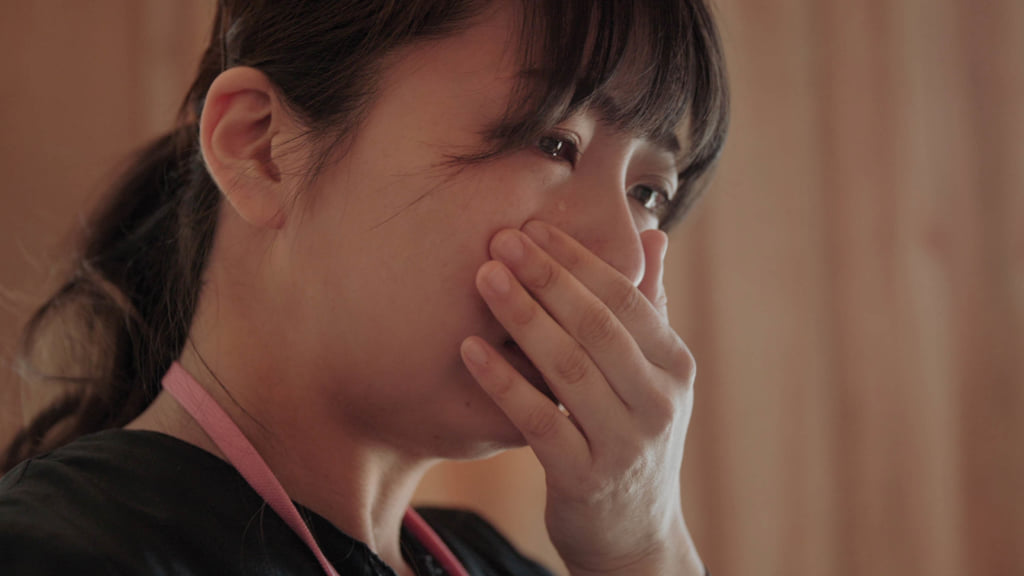
© “Tears Teacher” - Noemie Nakai, 2021 Sundance Film Festival
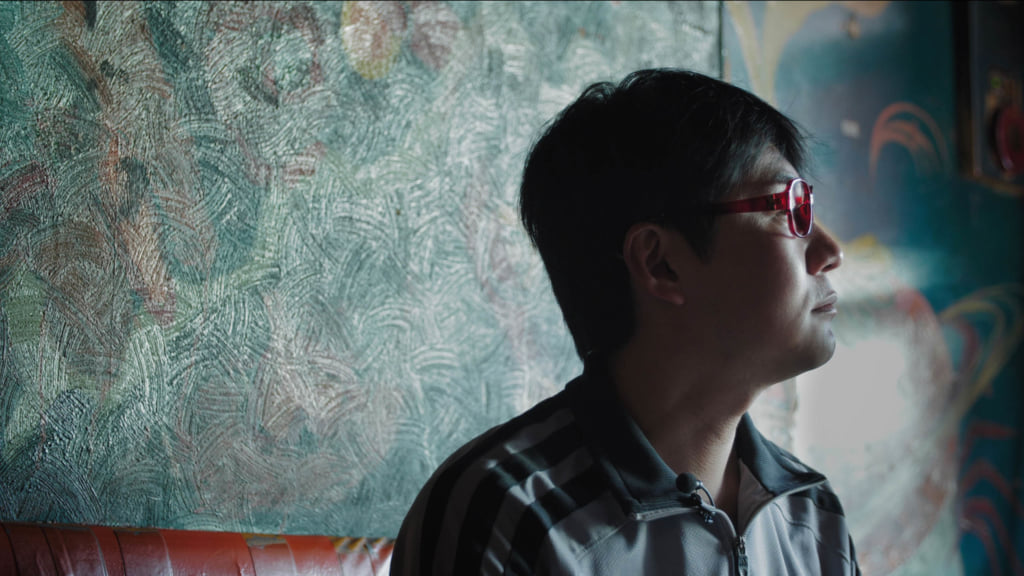
© “Tears Teacher” - Noemie Nakai, 2021 Sundance Film Festival
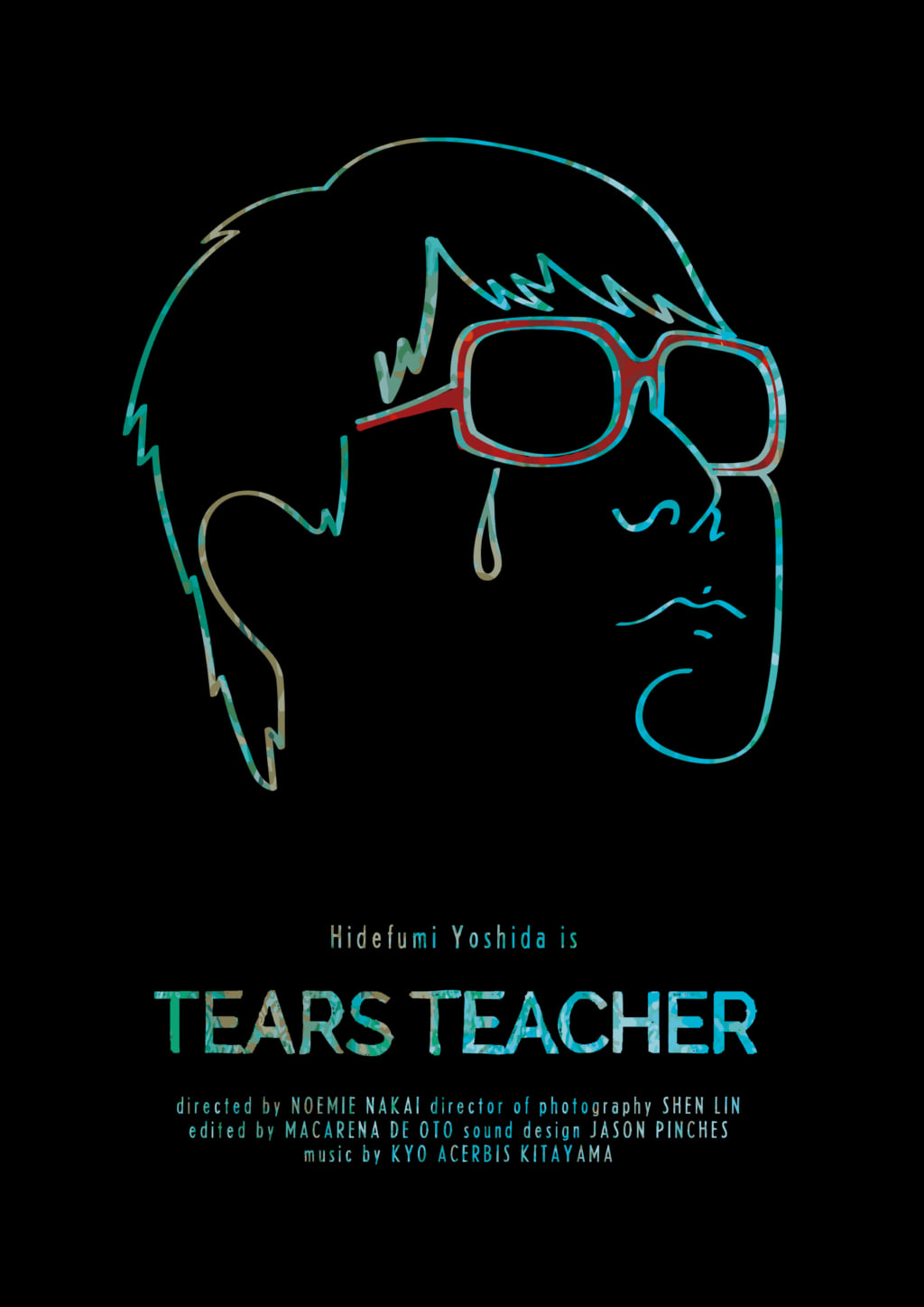
© “Tears Teacher” - Noemie Nakai, 2021 Sundance Film Festival

© Noemie Nakai, 2021 Sundance Film Festival
TRENDING
-
A House from the Taisho Era Reveals Its Secrets
While visiting an abandoned building, Hamish Campbell discovered photographs the owner had taken of the place in the 1920s.

-
The Taboo-Breaking Erotica of Toshio Saeki
The master of the 1970s Japanese avant-garde reimagined his most iconic artworks for a limited box set with silkscreen artist Fumie Taniyama.

-
With Meisa Fujishiro, Tokyo's Nudes Stand Tall
In the series 'Sketches of Tokyo', the photographer revisits the genre by bringing it face to face with the capital's architecture.

-
Masahisa Fukase's Family Portraits
In his series ‘Family’, the photographer compiles surprising photos in which he questions death, the inescapable.

-
Hajime Sorayama's Futuristic Eroticism
The illustrator is the pioneer for a form of hyperrealism that combines sensuality and technology and depicts sexualised robots.


